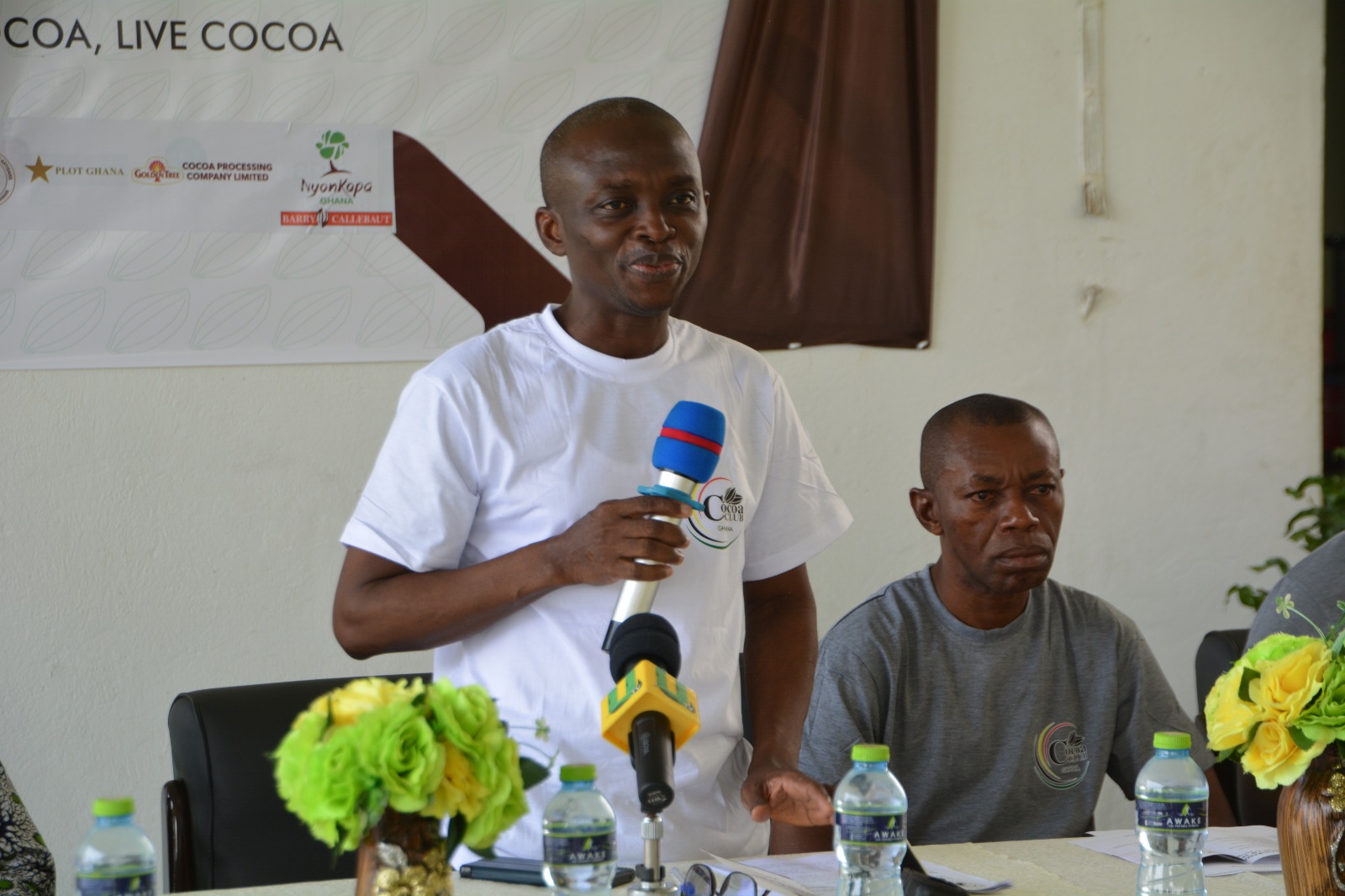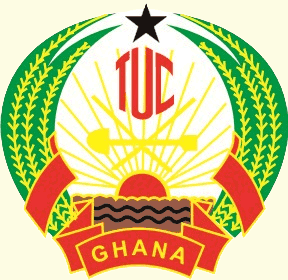
The Dean of the Centre for International Education and Collaboration (CEIC) of the University of Professional Studies (UPSA), Accra, Professor (Mrs) Goski Alabi, has urged the National Council for Tertiary Education (NCTE) to provide basis for a D-grade entry requirement into tertiary institutions.
She said although students’ entry requirement was key in ensuring quality education, there was no basis for that cut-off point, for which reason the NCTE must come clear on the directive.
“Do we have any substantial evidence to suggest that people with D-grades are not capable of university education, what is the basis for the requirement that robs young men and women and their families of the joy of higher education and aspirations to make a better future,” Prof Alabi quizzed.
She was speaking at a maiden inaugural lecture of the UPSA in Accra on the topic, “Quality of higher education in Ghana: Key issues.”
Observation
Prof. Alabi observed that, some people believed that quality of input translated directly into quality of output, and that such assumptions informed the over-emphasis on entry requirements, academic staff credentials and quality of resources.
“Here, the perception is that entry students with grades A, B or C automatically translate into quality graduates. How we teach, what we teach, the attitudes and skills required by industry and what labour market expects or requires is not much of a concern to us,” she lamented.
Prof. Alabi said although Ghana’s higher educational system was quite robust, certain quality issues continued to slow its advancement as a nation.
“Ghana needs a higher education system that supports the development of progressive, entrepreneurial and internationally competitive nation through the development of creative graduates with productive work attitudes, devoted workforce and research that meet the needs of the economy and enhance the welfare of all,” she said
According to her, the country also needed to embrace a technology-led teaching and learning environment that focused on learning and not teaching.
Accreditation system
The National Accreditation Board (NAB), Prof. Alabi said, needed a paradigm shift from the largely input-based approach and incorporate strong mechanisms for process, output and outcome-based approaches.
“To accredit an institution or a programme, NAB looks at the input quality, which are quality of raw materials, students’ entry requirements, staff qualification and physical resources. What is being taught and how it is taught is simply the task of the institutions.
She further said there was the need for NAB to develop a quality assurance framework for higher education in Ghana.
Inaugural lecture
The first of its kind at the UPSA, the lecture was preceded by an exhibition of the scholarly works of Prof. Alabi.
She also signed a 100-page inaugural book which would be made available to other inaugural lectures in the university.
The Dean of the Centre for International Education and Collaboration (CEIC) of the University of Professional Studies (UPSA), Accra, Professor (Mrs) Goski Alabi, has urged the National Council for Tertiary Education (NCTE) to provide basis for a D-grade entry requirement into tertiary institutions.
She said although students’ entry requirement was key in ensuring quality education, there was no basis for that cut-off point, for which reason the NCTE must come clear on the directive.
Read Full Story











Facebook
Twitter
Pinterest
Instagram
Google+
YouTube
LinkedIn
RSS